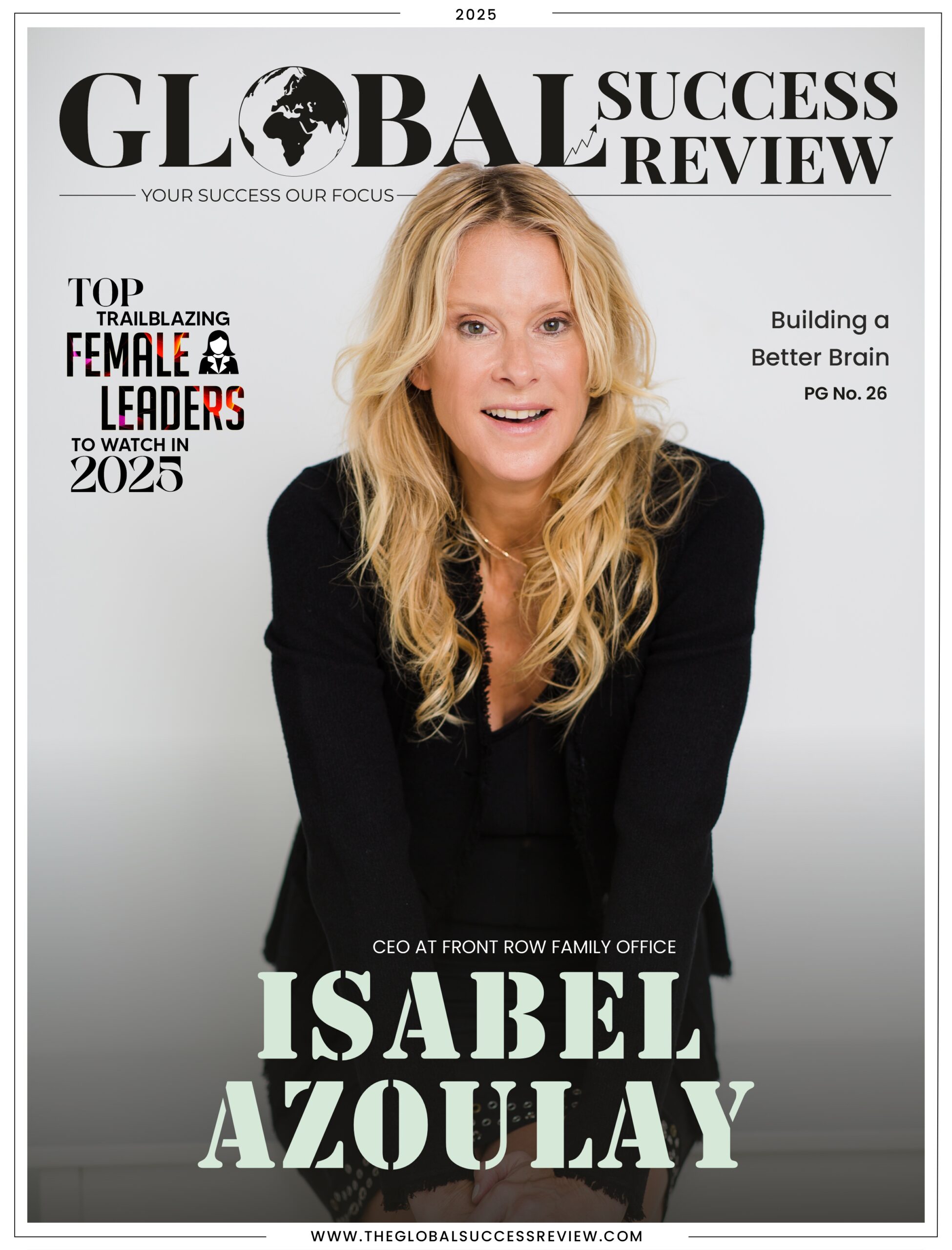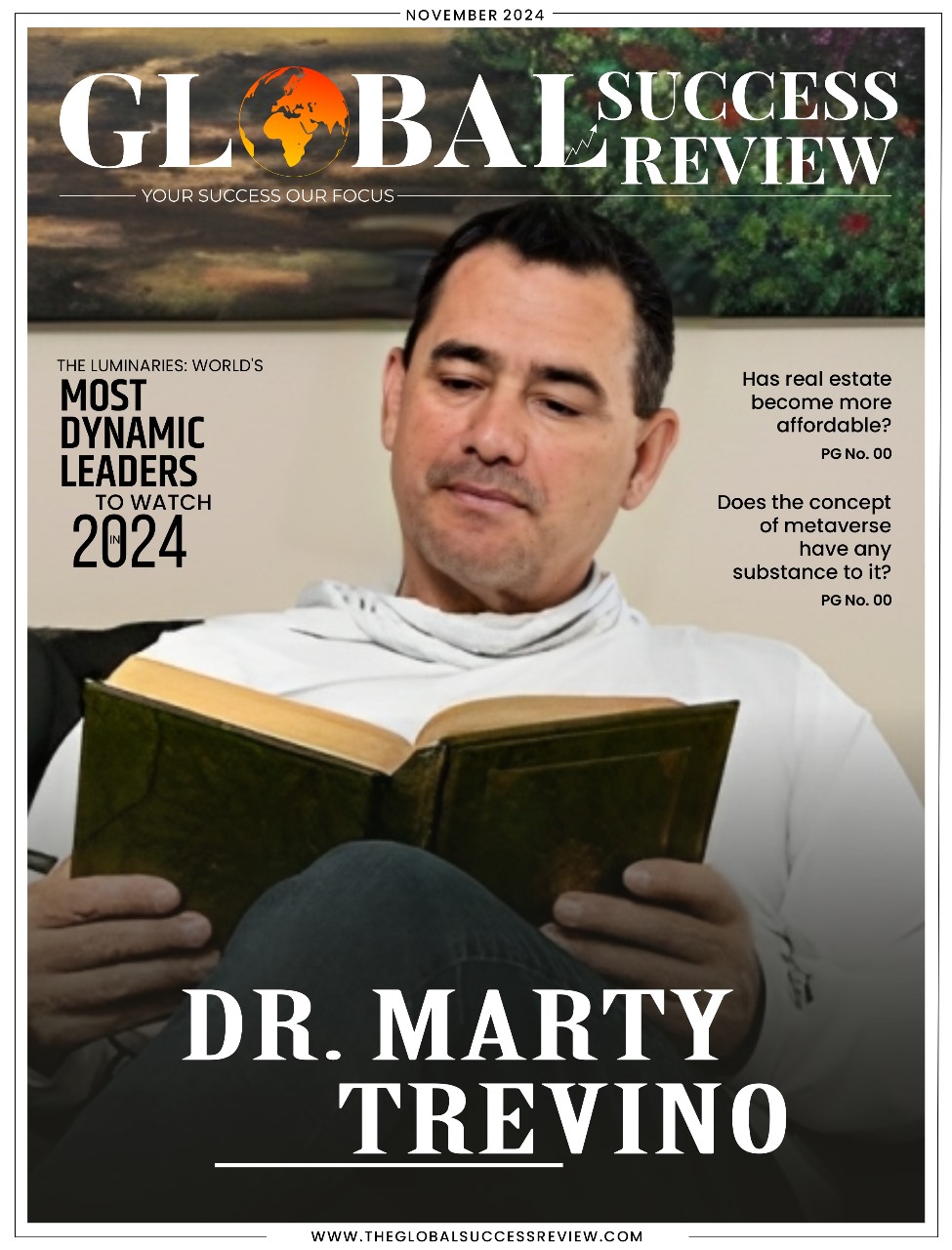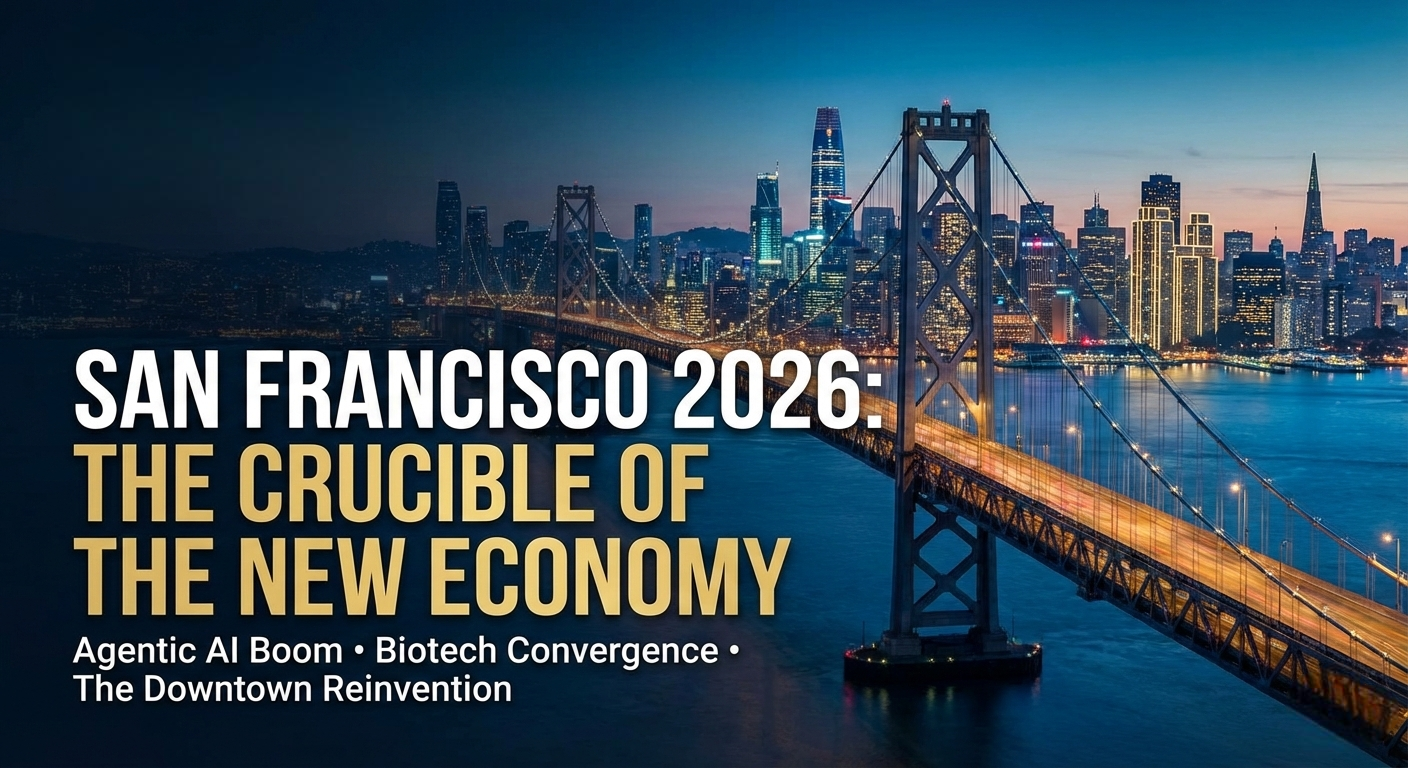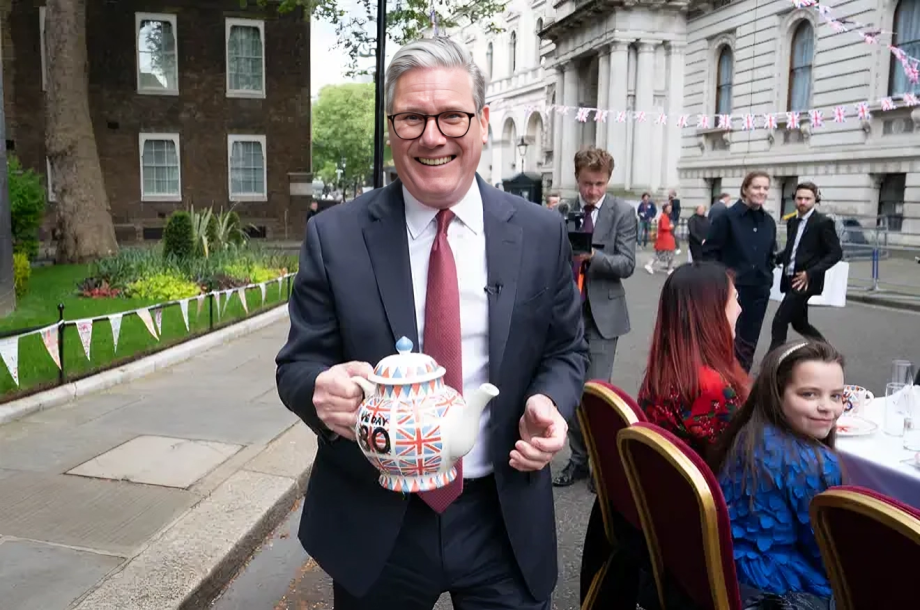A year into his premiership, UK Prime Minister Keir Starmer finds himself in an ironic political dilemma: despite delivering key economic victories on the international stage, his approval ratings at home have plunged to record lows.
According to a mid-May survey by pollster YouGov, a striking 69% of voters now hold an unfavorable view of Starmer, his worst rating since taking office. More concerning for the Labour Party leader is that this decline is not just among opposition voters: half of Labour supporters now also view him unfavorably, a 17-point increase in dissatisfaction since April.
This downturn in popularity comes even as the Prime Minister secures landmark trade agreements with the United States, India, and the European Union, deals that are expected to bolster the British economy, stimulate investment, and raise wages in the long term.
🌍 Trade Wins vs. Domestic Woes
While global headlines celebrate Starmer’s diplomatic and economic finesse, domestic sentiment tells a more complicated story. The UK’s inflation rate surged to 3.5% in April, up from 2.6% in March, with sharp rises in utility bills, fuel, and water services putting pressure on household budgets.
British businesses are also grappling with the fiscal implications of the Labour government’s recent “Autumn Budget.” Policies include higher taxes, immigration caps that impact key sectors, a rise in the minimum wage, and reforms to workers’ rights, all of which critics say place additional burdens on small and medium-sized enterprises.
“On international policy, this government is doing a fairly good job,” says Kallum Pickering, Chief UK Economist at Peel Hunt. “But domestically, we’ve seen mostly anti-growth measures.”
A Growing Gap Between Results and Recognition
The government’s efforts to reset post-Brexit relations and reignite trade with major economic powers have earned praise from industry leaders. C.S. Venkatakrishnan, Group CEO of Barclays, recently commented that the UK is “absolutely on track,” applauding recent trade breakthroughs and the government’s renewed focus on economic growth.
Yet, public perception remains less optimistic. The cost-of-living crisis, inflation fears, and rising energy bills continue to overshadow these achievements. For many Britons, long-term economic wins offer little solace amid immediate financial stress.
A Leadership Image Problem?
Beyond policy, Starmer’s personal leadership style is also under scrutiny. Described by analysts as “competent but lacking charisma,” Starmer has struggled to inspire the kind of emotional connection that characterized former leaders like Boris Johnson or populist figures like Nigel Farage.
“He’s diligent and precise, but he’s dull. He lacks political charisma,” says strategist Bill Blain, founder of Wind Shift Capital. “Voters may respect him, but they don’t feel energized by him.”
Further compounding the challenge is a perceived weakness within Starmer’s cabinet. Critics argue that many ministers appear out of their depth, with few standout figures offering reassurance of visionary leadership across departments.
Cracks Within Labour?
With public dissatisfaction growing and party loyalty waning, murmurs of discontent are reportedly beginning to echo within the Labour Party itself. Blain warns of a potential internal revolt if poll numbers continue to slide, noting that even subtle shifts in sentiment could lead to backbench instability.
“The risk of mutiny is real,” he said.
What’s Next?
Keir Starmer’s government is at a crossroads. While his strategic wins abroad have positioned the UK as an engaged global player post-Brexit, the challenge ahead lies in aligning those gains with the lived realities of the British public.
To maintain credibility and electoral strength, the Labour Party will need to bridge the growing divide between policy impact and public perception, and fast.
As Global Success Review Magazine continues to track developments in global leadership and governance, the UK’s evolving political narrative will be one to watch closely.



















